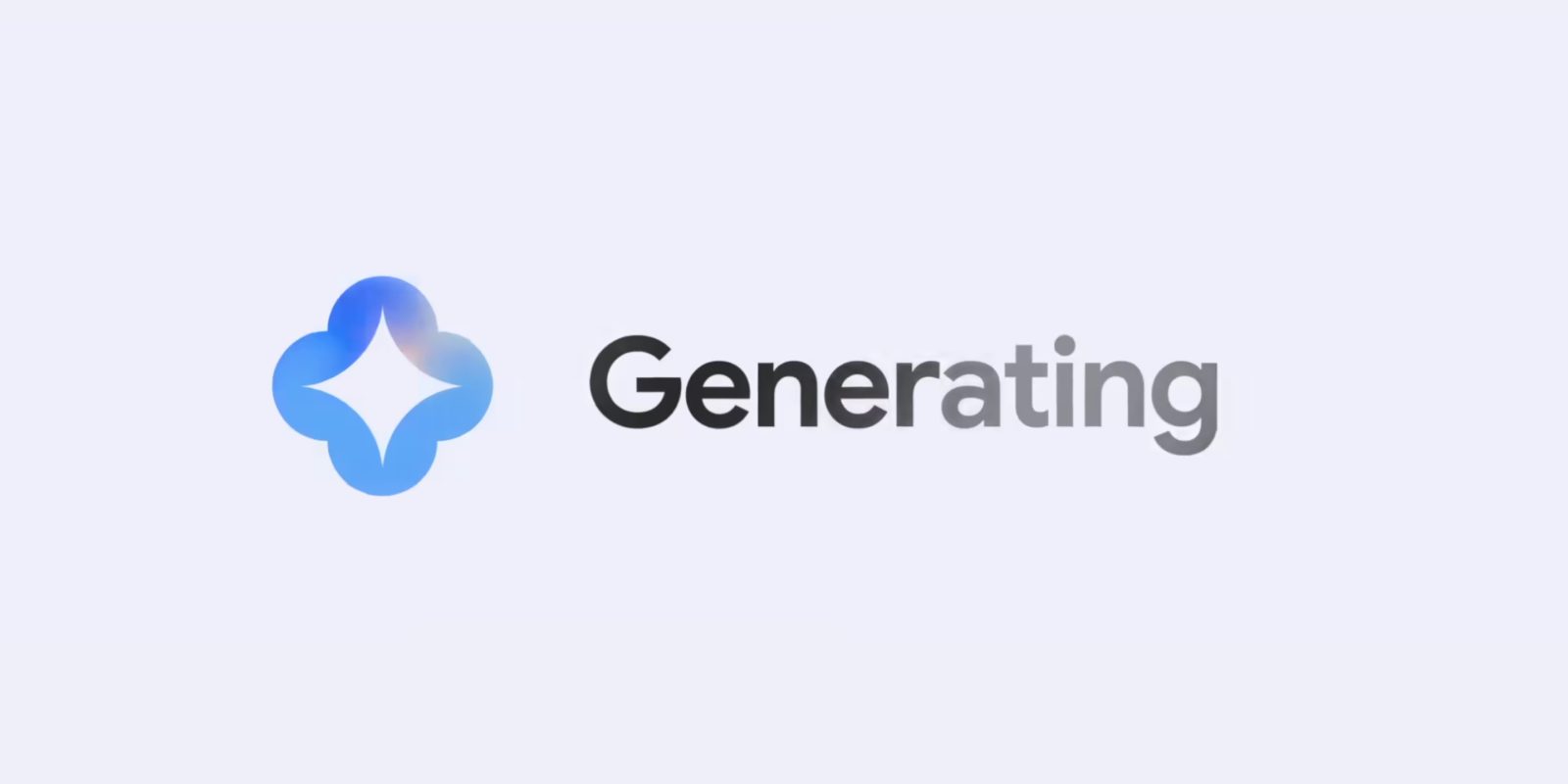
Google is continuing to expand the Search Generative Experience (SGE) by letting teens in the US sign up for it.
Google is specifically letting 13 to 17-year-olds access the Search Generative Experience, as well as SGE while browsing, in Search Labs so that “they too can benefit from the helpful capabilities generative AI has to offer.” Company research previously found that SGE received the highest satisfaction scores from those 18-24 because that age group likes being able to ask follow-up questions in a conversational manner.
On the safety front, Google has consulted research and experts in the field to take into account the “developmental needs” of teens. Additional safeguards have been added to SGE:
For example, we’ve put stronger guardrails in place for outputs related to illegal or age-gated substances or bullying, among other issues. And as we gather even more feedback, we will continue to improve how our systems respond, working with experts along the way to better protect teens.
Google will be surfacing an AI Literacy Guide as part of the SGE setup process for teens. It’s designed to address “key questions about how generative AI works, its capabilities and its limitations, as well as tips for how teens and families can use it responsibly.”
Similarly, SGE is adding a general “About this result” feature to explain how everything works. In the future, that panel will come to individual links in SGE responses, like on every other Search result.
The last update today helps Google’s AI models better detect queries that include a false or offensive premise, which would result “in an AI-powered response that unfortunately appears to validate said premise.” In addition to detection, SGE will “respond with higher-quality, more accurate responses.”
Looking ahead, Google wants to have large language models “critique their own first draft responses on sensitive topics, and then rewrite them based on quality and safety principles.”
While we’ve built a range of protections into SGE and these represent meaningful improvements, there are known limitations to this technology, and we’ll continue to make progress.
It sounds like Bard’s new ability to manually double-check responses.
FTC: We use income earning auto affiliate links. More.





Comments